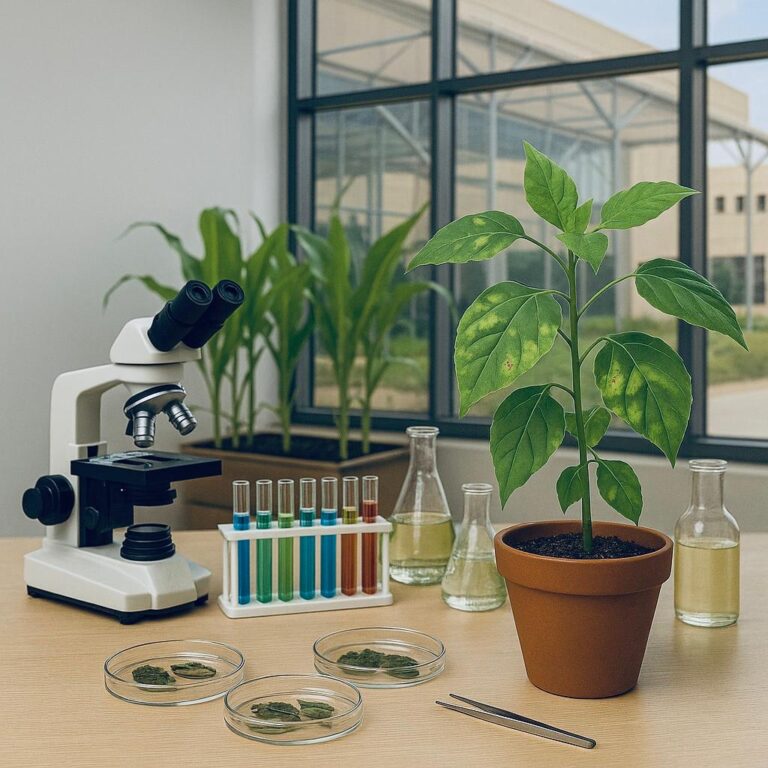Plant Protection Department

Head of Department:
Dr. Hani Al-Fahid
Office :
Building A2
Phone number :
20333_01620333
e-mail:
pp.avc@qu.edu.sa
Vision
A nationally distinguished department in education, community service, and applied research in the field of plant protection.
Mission
Preparing specialized graduates to support the national agricultural labor market in the field of plant protection, by providing students with the necessary knowledge, skills and competencies through effective education, applied research, and community service, to contribute to the development of sustainable agriculture.
Overview
The Department of Plant Protection was established within the College of Agriculture and Veterinary Medicine in 1402 AH, then merged in 1424 AH with four other departments (Horticulture and Forestry, Plant Protection, Soil and Water, Crops and Pastures, and Extension and Agricultural Economics) To form the Department of Plant Production and Protection, which offered a bachelor's program in "Plant Production and Protection" and two master's programs in "Plant Production" and "Plant Protection". In 1438 A.H., the bachelor's program plan was developed to include two tracks: Plant Production and Plant Protection. Later, in 1445 A.H., the college's departments were restructured, and the Department of Plant Protection became an independent department, with a proposal to establish an independent bachelor's program in plant protection to complement the previous track, with the aim of meeting the needs of the community in the Qassim region for specialized competencies in this field.
Objectives :
- Provide students with basic knowledge in agricultural sciences.
- Qualifying students to acquire applied skills in the field of plant protection through practical training and field experiences
- Provide students with the necessary experiences to continuously learn, conduct applied research, contribute to community service, and engage in fieldwork in the field of plant protection.
- Providing consultations and technical services to support farmers and the local community, and contributing to awareness and training programs to enhance agricultural knowledge and disseminate modern technologies.
- Strengthening partnership with academic and research institutions, locally and internationally, to exchange experiences and develop joint projects that serve the agricultural sector.
- Developing and applying sustainable and environmentally friendly agricultural techniques to preserve natural resources and biodiversity.
